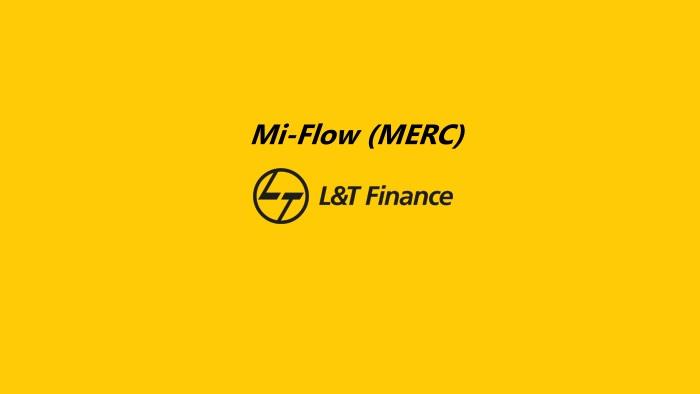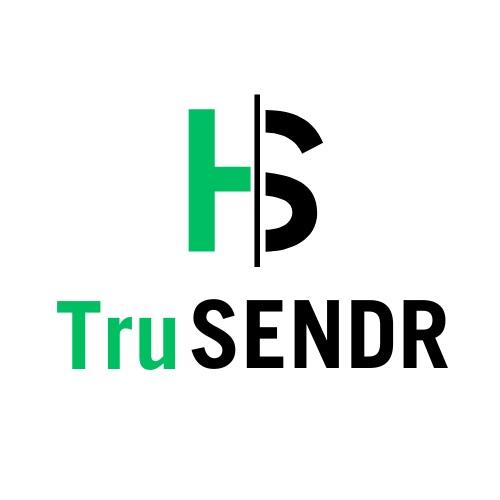For independent contractors, managing finances and documentation can be distinct from traditional employment. One common question is whether independent contractors should receive pay stubs and how to manage these documents effectively. In this blog, we’ll delve into the role of pay stubs for independent contractors, explore the use of paystub generators, and provide insights into how to handle pay stub documentation when working on a 1099 basis.
What Is a 1099 Form?
Definition:
A 1099 form is a tax document used to report income earned by independent contractors and freelancers. Unlike W-2 forms used for employees, 1099 forms are used to report income from non-employment sources.
Key Points:
- Purpose: The 1099 form reports income paid to non-employees for services rendered. It’s used for tax reporting and ensures compliance with IRS regulations.
- Types: There are various types of 1099 forms, with the most common for independent contractors being the 1099-NEC (Nonemployee Compensation).
Information Included:
- Total Earnings: The total amount paid to the contractor during the year.
- Tax Withholding: Information on any taxes withheld, if applicable.
- Business Information: Details about the business making the payments.
Should Independent Contractors Receive Pay Stubs?
**1. Nature of Independent Work
- Context: Independent contractors are not employees and typically don’t receive traditional pay stubs. Instead, they receive 1099 forms to report their earnings.
- Reason: Unlike employees, independent contractors are responsible for managing their own taxes and financial records.
**2. Documentation Needs
- Context: Although not required, receiving pay stubs can be beneficial for independent contractors to track earnings and manage finances.
- Reason: Pay stubs provide a detailed breakdown of payments received, which can help in budgeting and financial planning.
**3. Professionalism and Record-Keeping
- Context: Providing pay stubs can enhance professionalism and ensure accurate record-keeping.
- Reason: Detailed pay stubs offer a clear record of transactions, which can be useful for managing multiple clients or projects.
**4. Tax Reporting and Compliance
- Context: While 1099 forms are the primary tax documents for independent contractors, pay stubs can complement these records.
- Reason: Accurate pay stubs can help reconcile earnings reported on 1099 forms and ensure proper tax reporting.
How to Create Pay Stubs for Independent Contractors
**1. Use a Paystub Generator
- Function: A paystub generator can create detailed pay stubs, even for independent contractors. These tools provide templates and features for customizing pay stubs.
- Benefit: Using a paystub generator helps in maintaining accurate records and ensures consistency in documentation.
**2. Include Essential Information
- Information: When creating pay stubs, include details such as:
- Payment Date: The date when the payment was made.
- Amount Paid: The total amount of payment received.
- Description: A brief description of the services provided or work completed.
- Client or Business Information: Details about the client or business making the payment.
**3. Maintain Consistency
- Practice: Ensure that pay stubs are consistently formatted and include the same type of information for each payment.
- Benefit: Consistent documentation helps in managing finances and provides a clear record for tax reporting.
**4. Digital or Physical Copies
- Choice: Decide whether to provide digital or physical copies of pay stubs to clients or retain them for personal records.
- Benefit: Digital copies are easily accessible and can be stored securely, while physical copies may be useful for certain documentation needs.
Benefits of Using a Paystub Generator for Independent Contractors
**1. Accurate Record-Keeping
- Benefit: Paystub generators help maintain accurate and detailed records of payments received. This ensures that all income is properly documented.
- Use: Regularly generate pay stubs for each payment to keep comprehensive records.
**2. Financial Management
- Benefit: Detailed pay stubs assist in budgeting and financial planning by providing a clear breakdown of income and payments.
- Use: Track earnings and expenses more effectively with accurate pay stubs.
**3. Tax Preparation
- Benefit: Pay stubs can complement 1099 forms by providing additional details for tax preparation. They help ensure that all income is accounted for.
- Use: Use pay stubs to reconcile earnings reported on 1099 forms and simplify tax filing.
**4. Professionalism
- Benefit: Providing clients with pay stubs adds a level of professionalism and transparency to your business practices.
- Use: Present detailed pay stubs to clients as part of your invoicing process.
**5. Client and Contractor Relations
- Benefit: Clear and detailed pay stubs can improve communication and trust between clients and independent contractors.
- Use: Provide pay stubs to clients to ensure clear documentation of services rendered and payments made.
Common Challenges and Solutions
**1. Generating Accurate Pay Stubs
- Challenge: Ensuring that pay stubs accurately reflect the payments and services provided.
- Solution: Use reliable paystub generators with customizable features to ensure accuracy in documentation.
**2. Maintaining Consistency
- Challenge: Keeping pay stubs consistent in format and information across different payments.
- Solution: Develop a standard template for pay stubs and use a paystub generator to maintain consistency.
**3. Handling Multiple Clients
- Challenge: Managing pay stubs for multiple clients or projects.
- Solution: Organize pay stubs by client or project and keep detailed records for each.
**4. Tax Reporting Accuracy
- Challenge: Reconciling pay stubs with 1099 forms for accurate tax reporting.
- Solution: Regularly review and compare pay stubs with 1099 forms to ensure all income is accurately reported.
Tips for Independent Contractors
**1. Regular Documentation
- Tip: Generate pay stubs regularly for each payment received. This helps in maintaining accurate records and simplifies tax reporting.
**2. Use Reliable Tools
- Tip: Choose a reliable paystub generator that offers customizable features and accurate documentation options.
**3. Organize Records
- Tip: Keep organized records of all pay stubs, 1099 forms, and related documents. This aids in financial management and tax preparation.
**4. Consult Professionals
- Tip: Seek advice from tax professionals or accountants to ensure proper documentation and compliance with tax regulations.
**5. Communicate with Clients
- Tip: Maintain open communication with clients regarding payment and documentation. Ensure that clients receive accurate pay stubs as part of the invoicing process.
Conclusion
While independent contractors do not typically receive traditional pay stubs, generating them can be beneficial for managing finances, maintaining accurate records, and ensuring professionalism. A paystub generator provides a convenient and efficient way to create detailed pay stubs, complementing 1099 forms and supporting effective financial management. By using pay stub generators and following best practices for documentation, independent contractors can enhance their financial management and simplify tax reporting.






